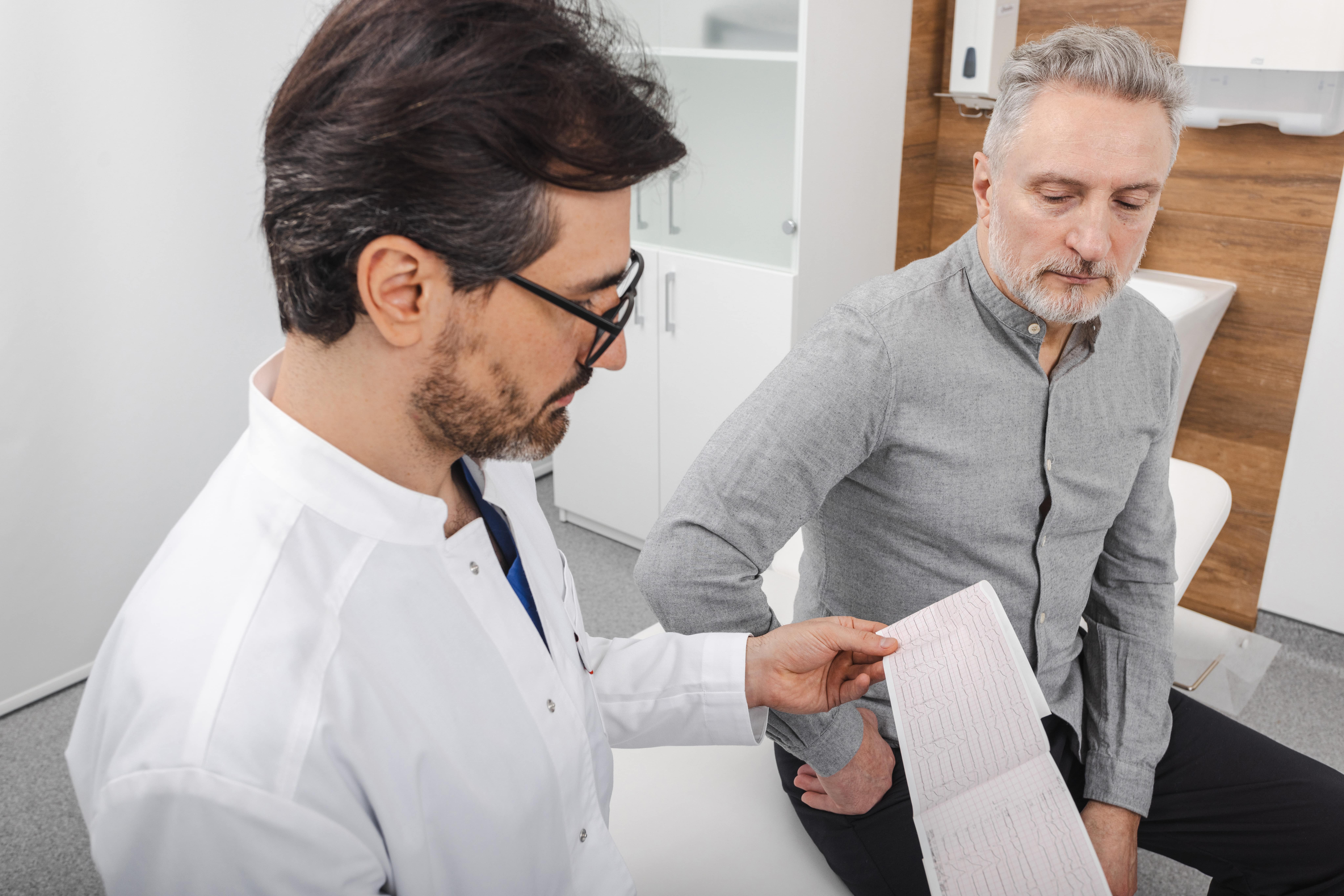When Should You Get an EKG? Common Signs and Symptoms

An electrocardiogram, or EKG, is a simple, non-invasive test that records the electrical activity of the heart. It helps doctors diagnose a variety of heart conditions by showing how well the heart is functioning and identifying any irregularities in heart rhythm or structure. Knowing when to get an EKG is important for early detection and management of potential heart problems. In this blog, we will explore the common signs and symptoms that indicate you may need an EKG and why timely testing matters.
What Is an EKG?
An EKG measures the heart's electrical signals through small electrodes attached to the skin on the chest, arms, and legs. These signals are recorded as waves on paper or a digital screen, providing valuable information about heart rate, rhythm, and overall heart health. The test is quick, painless, and typically takes only a few minutes.
Common Signs and Symptoms That Warrant an EKG
Recognizing symptoms that may indicate a heart problem is crucial for seeking appropriate care. Here are some common signs and symptoms that often lead doctors to recommend an EKG:
Chest Pain or Discomfort
Chest pain is one of the most common reasons for an EKG. It can be a sign of angina, a condition where the heart muscle does not get enough oxygen-rich blood. In some cases, chest pain may indicate a heart attack, which requires immediate medical attention. If you experience chest discomfort, tightness, or pressure, it is important to get evaluated promptly.
Irregular Heartbeat or Palpitations
Feeling like your heart is racing, fluttering, or skipping beats can be unsettling. These sensations, known as palpitations, may be caused by arrhythmias—abnormal heart rhythms. An EKG can detect arrhythmias and help guide treatment to prevent complications.
Shortness of Breath
Difficulty breathing or shortness of breath, especially when it occurs suddenly or during mild activity, can signal heart issues such as heart failure or ischemia. An EKG helps assess how well the heart is functioning and whether further testing is needed.
Dizziness or Fainting
Experiencing dizziness, lightheadedness, or fainting spells may indicate problems with heart rhythm or blood flow. An EKG can identify underlying arrhythmias or other cardiac abnormalities that could be causing these symptoms.
Fatigue and Weakness
Unexplained fatigue and weakness, especially when combined with other symptoms, may point to heart disease. The heart may not be pumping efficiently, leading to reduced oxygen delivery to the body. An EKG can help evaluate cardiac function in such cases.
Monitoring Existing Heart Conditions
People with a history of heart disease, high blood pressure, or other risk factors may require regular EKGs to monitor their heart health. This helps detect changes early and adjust treatment plans as needed.
Before Surgery or Medical Procedures
An EKG is often performed before surgery or certain medical procedures to ensure the heart is healthy enough to handle the stress of the operation. This is particularly important for individuals with risk factors or existing heart conditions.
When Should You See a Doctor?
If you experience any of the symptoms mentioned above, especially chest pain, shortness of breath, or fainting, it is essential to seek medical attention promptly. Your healthcare provider will evaluate your symptoms and decide if an EKG is necessary. Early diagnosis of heart conditions can significantly improve outcomes and prevent serious complications.
What to Expect During an EKG
The EKG test is straightforward and painless. Electrodes are placed on your chest, arms, and legs to record your heart's electrical activity. You will be asked to lie still while the machine captures the data, which usually takes less than 10 minutes. Your doctor will then analyze the results to determine if further testing or treatment is required.
Take the Next Step for Your Heart Health
If you are experiencing any signs or symptoms that concern you, or if you have risk factors for heart disease, consider scheduling an EKG. For residents of East Brunswick, New Jersey, professional EKG services in East Brunswick, NJ are available at Family Medicine & Dentistry of East Brunswick. Early evaluation can help protect your heart and give you peace of mind. Contact us today to book your appointment.

